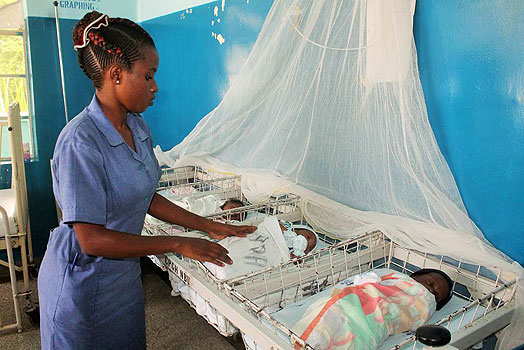SOUTH AFRICA FACES A DECLINE IN BIRTHRATE
South Africa is experiencing a sharp and steady decline in its birthrate, with new data showing that more than 60,000 fewer babies were born between 2023 and 2024. The downward trend, which began around 2021, highlights a significant shift in the country’s fertility patterns and signals deeper social and economic changes.
According to recent statistics, South Africa registered just under 864,000 live births in 2024, a notable drop compared to previous years. Experts attribute this decline to a combination of factors including rising living costs, economic uncertainty, high unemployment rates, and changing family planning choices. Many young adults are choosing to delay parenthood, while increased access to contraception has made it easier for families to plan and space births.
Analysts also point out that the median age of mothers has been gradually increasing, reflecting global trends where women are opting to have children later in life. Economic pressures have played a major role, as more couples feel financially unprepared to raise children in difficult conditions.
While a lower birthrate may temporarily reduce pressure on social services such as schools and healthcare facilities, it also raises long-term concerns. Fewer births today could lead to a smaller workforce in the future, potentially affecting productivity, economic growth, and the balance between working-age citizens and retirees.
As South Africa navigates these demographic shifts, policymakers are expected to assess the country’s long-term population needs, social support systems, and economic strategies. The decline in births is not just a statistic — it is a reflection of how society is changing, and a reminder
that decisions made today will shape the nation’s future population landscape.











Leave a Reply